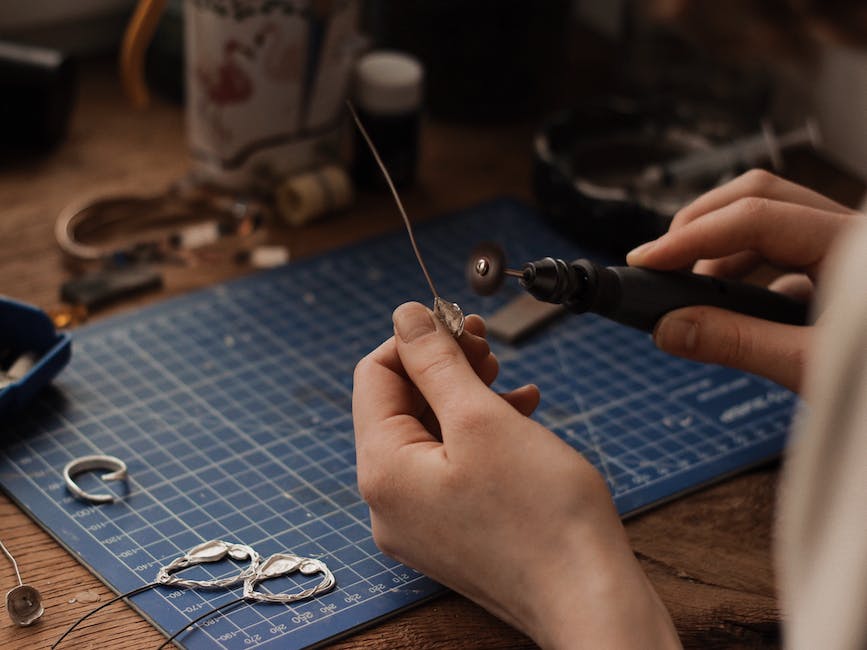For the past several years, Europe has been heavily investing in the repairable future in order to reduce its environmental footprint. With advances in technology, materials, and manufacturing, European countries have started to replace single-use products with more eco-friendly alternatives. This shift has been made possible, in part, by the development of new tools.
For example, various 3D printing technologies, such as fused deposition modeling (FDM) and selective laser sintering (SLS), are allowing manufacturers to produce parts and components easily without the need for traditional production methods. This, in turn, reduces the amount of materials used, cuts down on waste, and, ultimately, minimizes the cost of production and the need for recycling.
Meanwhile, advanced adhesives are being developed to enable manufacturers to create components that are long-lasting and easily recycled. Many of these adhesives are designed to hold components together but still allow them to be easily dismantled later on — a key feature of repairable products. Consequently, this process can help to reduce the environmental impact of product lifecycles, while still ensuring the longevity of consumer goods.
At the same time, European countries are also looking at creating new consumer policies that promote repairability and longevity. According to The Alliance for Circular Economy Solutions (ACES), the European Union is currently working on a set of legislation that would extend the average lifespan of consumer products in an effort to reduce waste. This could encourage manufacturers and designers to create goods that can be repaired, reused, and recycled more easily.
The European Commission has also launched its ‘Circular 23’ initiative, which seeks to promote circular economy business models and encourage innovation that targets both the re-use and repair of products. On top of that, governments across the EU are providing financial incentives to companies and entrepreneurs who are working on repairable products.
Ultimately, by investing in new tools and legislation, Europe is preparing itself for a more eco-friendly future. By encouraging repairable products and extending the lifecycle of consumer goods, Europe is taking an important step towards reducing environmental damage and improving sustainability.
Hey Subscribe to our newsletter for more articles like this directly to your email.
